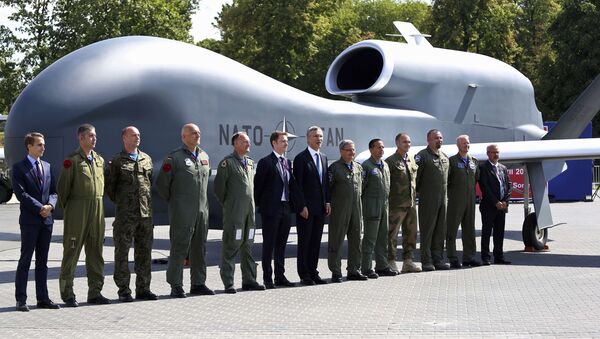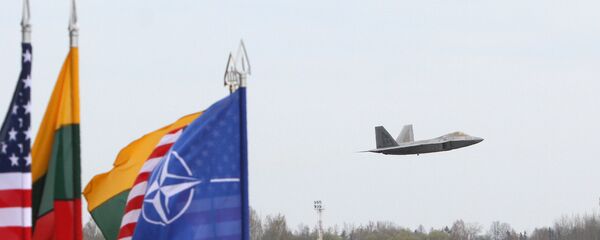The West has always tried to blame Russia for its own shortcomings, the analyst, who heads the Ankara-based 21st Century Turkey Institute, added.
This blame game "is extremely destructive; it does not make any sense," he said. "One should ask those who use any pretext to try to blame Russia for undermining geopolitical situation [in Europe] if it was Russia that had withdrawn from the Anti-Ballistic Missile Treaty in 2002. It wasn't Russia, but the US. … What right does Washington have to criticize Moscow?"
This is not the only difference between the US, its NATO allies and Russia. The latter is actively engaged in military and diplomatic efforts to destroy Daesh, one of the most powerful terrorist groups in the world. Moscow's campaign has been largely hailed as a success. Yet Western countries have been reluctant to coordinate their counterterrorism operation with Russia.
"Instead of supporting this initiative and focusing on efficient ways of fighting terrorism, NATO sadly chose to act according to a puzzling scheme and flay Russia for its actions in Syria," Solmaztürk observed.
The analyst blamed Western leaders for encouraging a massive propaganda campaign in the media aimed at fostering anti-Russian sentiments. It has been especially visible ahead of NATO's summit in Warsaw.
This is the reason behind concerns frequently expressed by Eastern European nations and the Baltic states with regard to Russia's supposedly aggressive behavior. This is what forced them to seek greater commitment from NATO, particularly the US, to their security.
Moscow has always maintained that it does not pose a threat to any of its neighbors or beyond. But Russia has warned that if NATO does not listen to its concerns and continues to build up military presence on the bloc's eastern flank, Moscow will enhance its defense capabilities. Russia is within its rights to respond, Solmaztürk confirmed.


